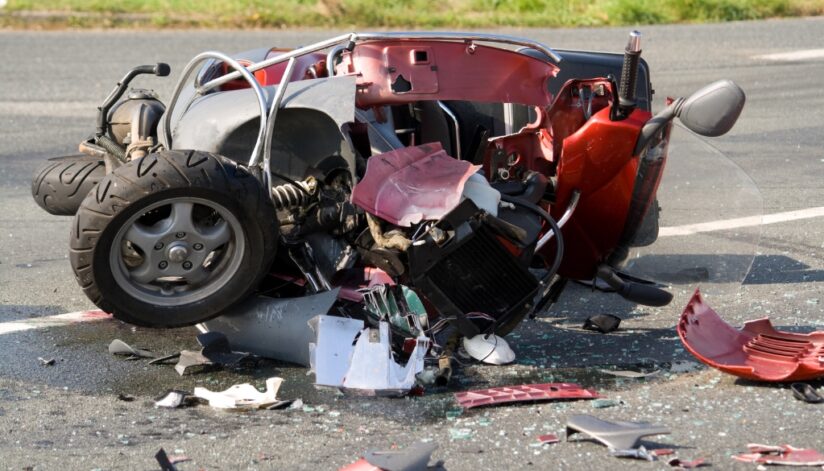Comparative Fault In Motorcycle Accidents: What You Need To Know
Motorcycle accidents can be particularly complicated when it comes to determining fault and assessing compensation. In Wisconsin, like many other states, the principle of comparative negligence plays a crucial role in resolving these issues. Understanding how this legal concept applies can significantly impact the outcome of a motorcycle accident lawsuit and the compensation you might receive. Bosshard Parke is here to help motorcycle accident victims in La Crosse, Sparta, and surrounding areas navigate the complexities of comparative fault to ensure they receive fair treatment under the law.
Understanding Comparative Negligence
Comparative negligence, also known as comparative fault, is a legal doctrine used to apportion responsibility among parties involved in an accident based on their respective contributions to the incident. This approach acknowledges that more than one party can be at fault in many accidents.
In Wisconsin, the system used is known as “modified comparative negligence.” Under this rule, each party involved in an accident has their damages reduced by a percentage equivalent to their degree of fault. However, there is a catch: if you are found to be 51% or more at fault, you are barred from recovering any damages from the other parties involved.
Comparative Fault In Motorcycle Accidents
Motorcycle accidents often involve unique circumstances that can complicate the determination of fault. Factors such as visibility, motorcycle handling characteristics, and public perceptions of motorcyclists can all influence how fault is assessed in an accident.
- Visibility and Size: Motorcycles are smaller and less visible compared to cars and trucks, which can lead to accidents particularly at intersections or while changing lanes. If a motorcyclist is partly at fault for being in a vehicle’s blind spot, comparative negligence might reduce their compensation.
- Handling Characteristics: Motorcycles handle differently than four-wheeled vehicles, which can contribute to accidents, especially in poor road conditions.
- Helmet Use: Wisconsin law requires helmets only for riders under 18 and those with instructional permits. In an accident, if the motorcyclist wasn’t wearing a helmet, this could potentially impact fault assessment, especially in cases involving head injuries.
Calculating Damages With Comparative Fault
Once fault is established, the next step is to calculate damages. Damages in motorcycle accidents can include medical expenses, lost wages, pain and suffering, and more. For example, if a motorcyclist incurs $100,000 in damages but is found 30% at fault, they would potentially receive $70,000.
Steps To Take After An Accident
To ensure that you navigate comparative negligence effectively after a motorcycle accident, consider the following steps:
- Document Everything: Take photos of the scene, collect contact information from witnesses, and maintain records of all medical treatments.
- Report the Accident: File a police report and notify your insurance company, but avoid admitting fault or making detailed statements until you speak with an attorney.
- Seek Legal Advice: Contact a knowledgeable personal injury attorney who understands Wisconsin’s motorcycle laws and comparative negligence rules.
Legal Representation Can Make A Difference
The role of an attorney is critical in motorcycle accident cases. Legal experts like those at Bosshard Parke can help by:
- Investigating the Accident: Gathering evidence to support your version of events and establishing the extent of other parties’ fault.
- Navigating Insurance Negotiations: Dealing with insurance companies can be challenging, especially when they attempt to attribute higher fault to the motorcyclist to reduce payouts.
- Maximizing Compensation: Ensuring that all potential areas of compensation are explored, including future medical costs and non-economic damages like pain and suffering.
Conclusion
Motorcycle accidents require careful analysis to determine fault and assess damages correctly under Wisconsin’s comparative negligence laws. Understanding these principles and how they apply to your specific situation is crucial for protecting your rights and securing fair compensation. At Bosshard Parke, we can represent motorcyclists who have been injured on Wisconsin’s roads. We believe that every motorcyclist deserves representation to ensure they are not unfairly penalized in accident claims. Request a consultation today.
Disclaimer: This article is for informational purposes only and should not be considered legal advice. For personalized guidance regarding a motorcycle accident, please consult with a qualified attorney at Bosshard Parke.




